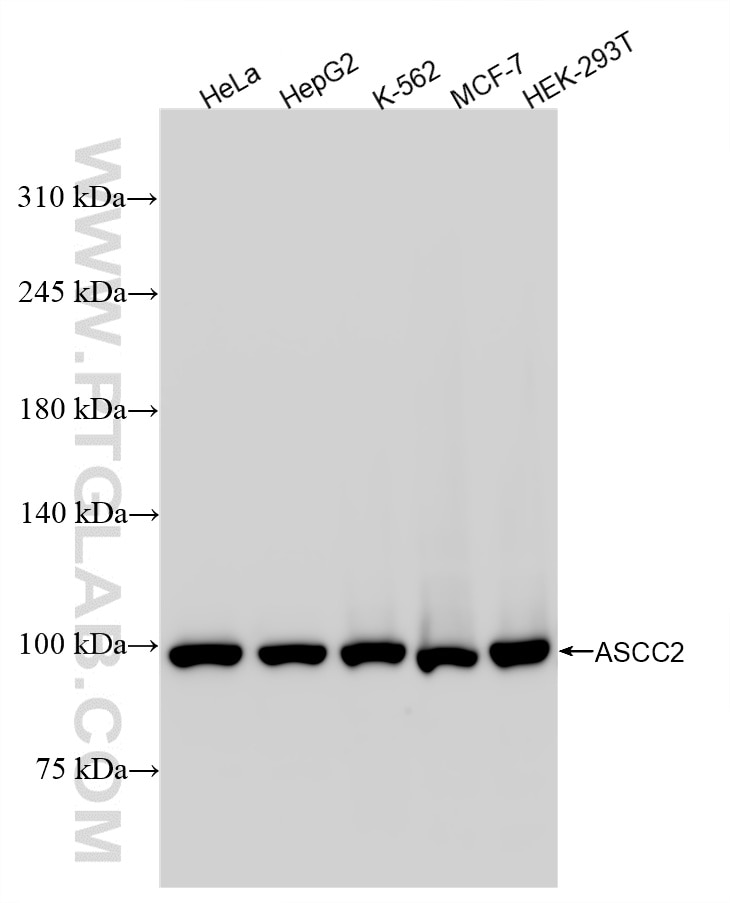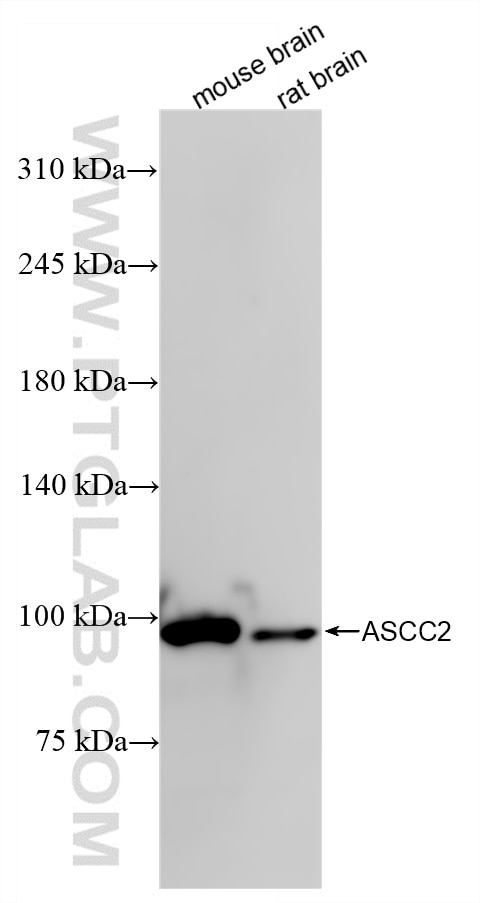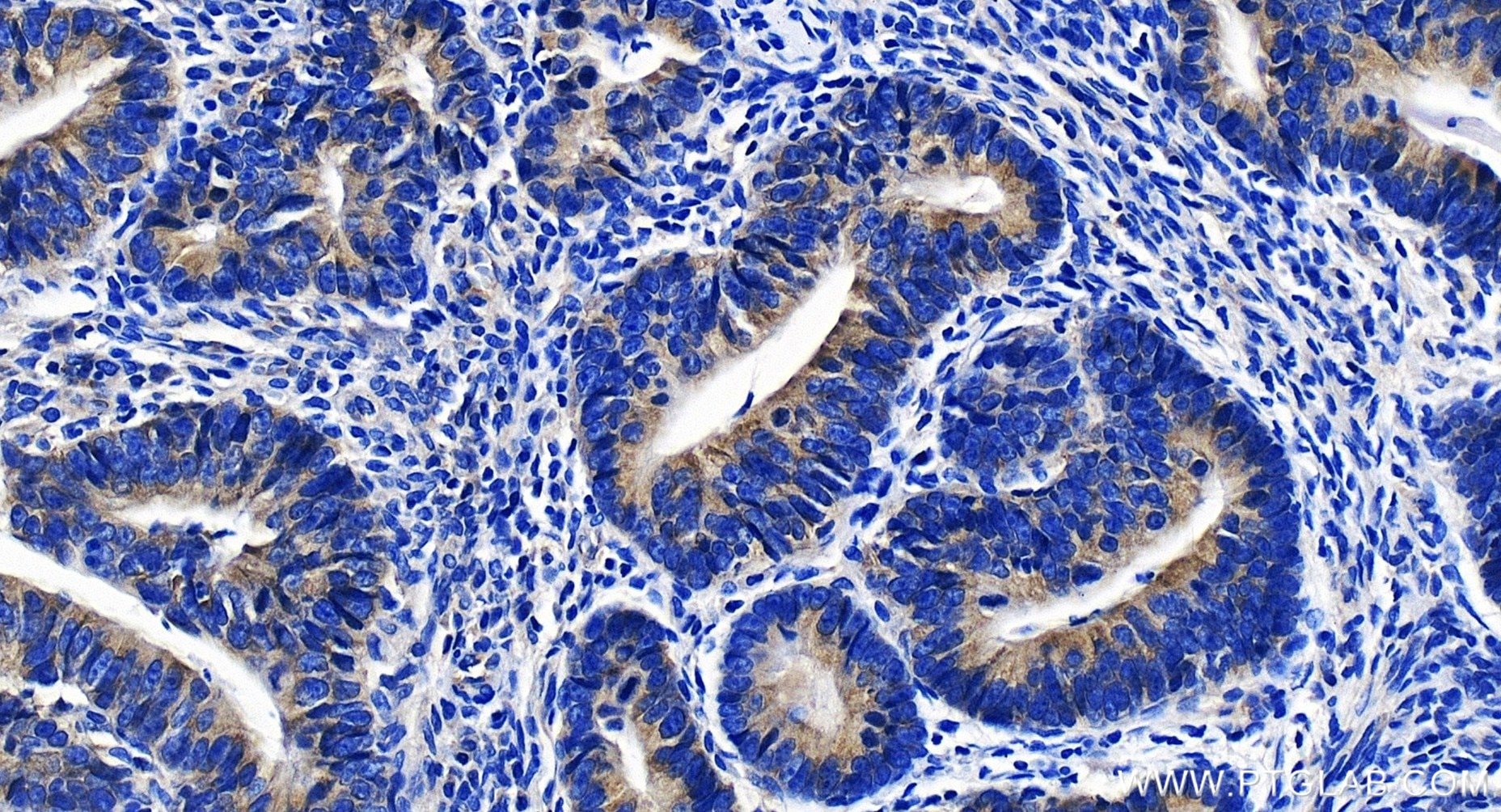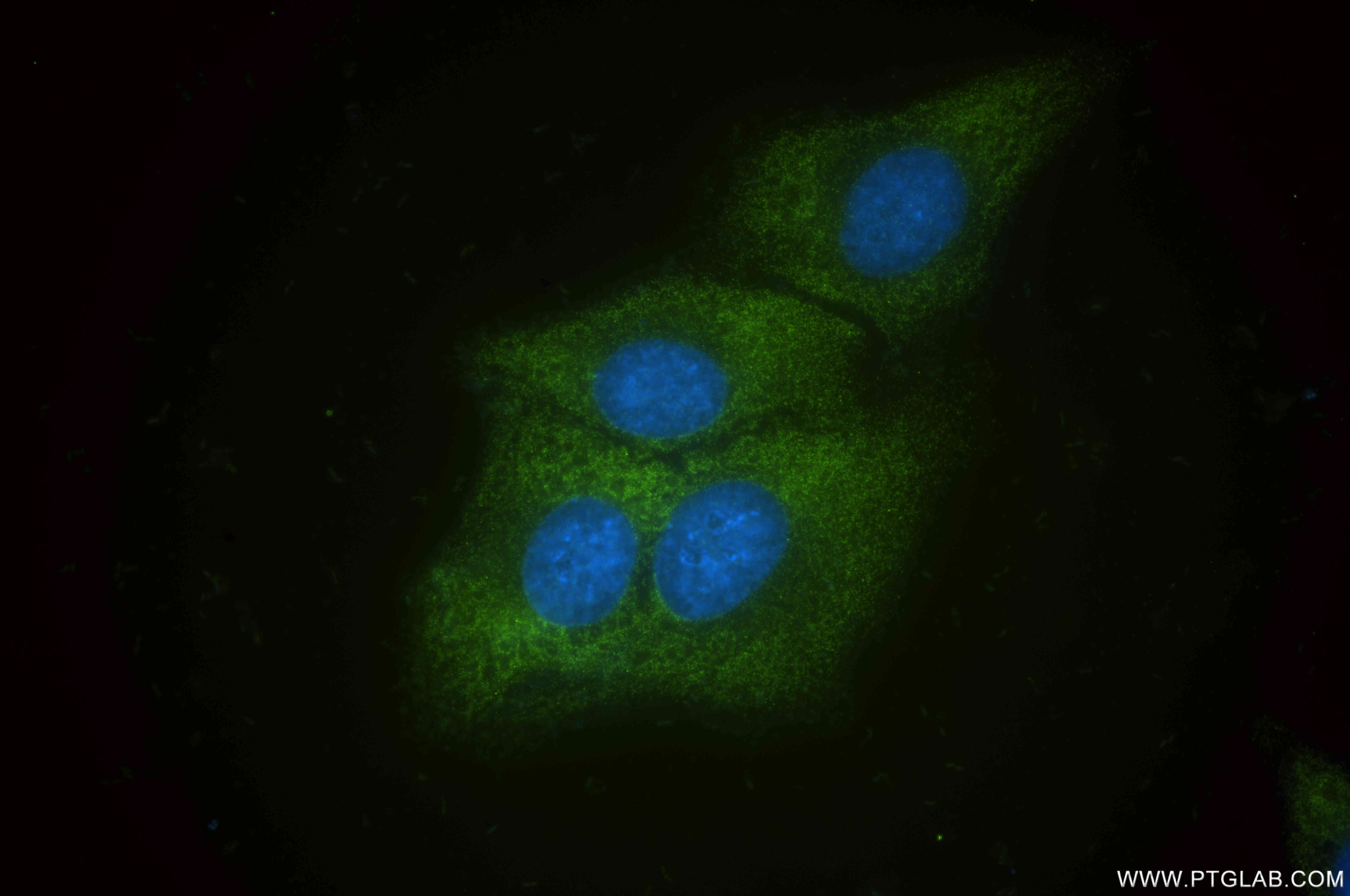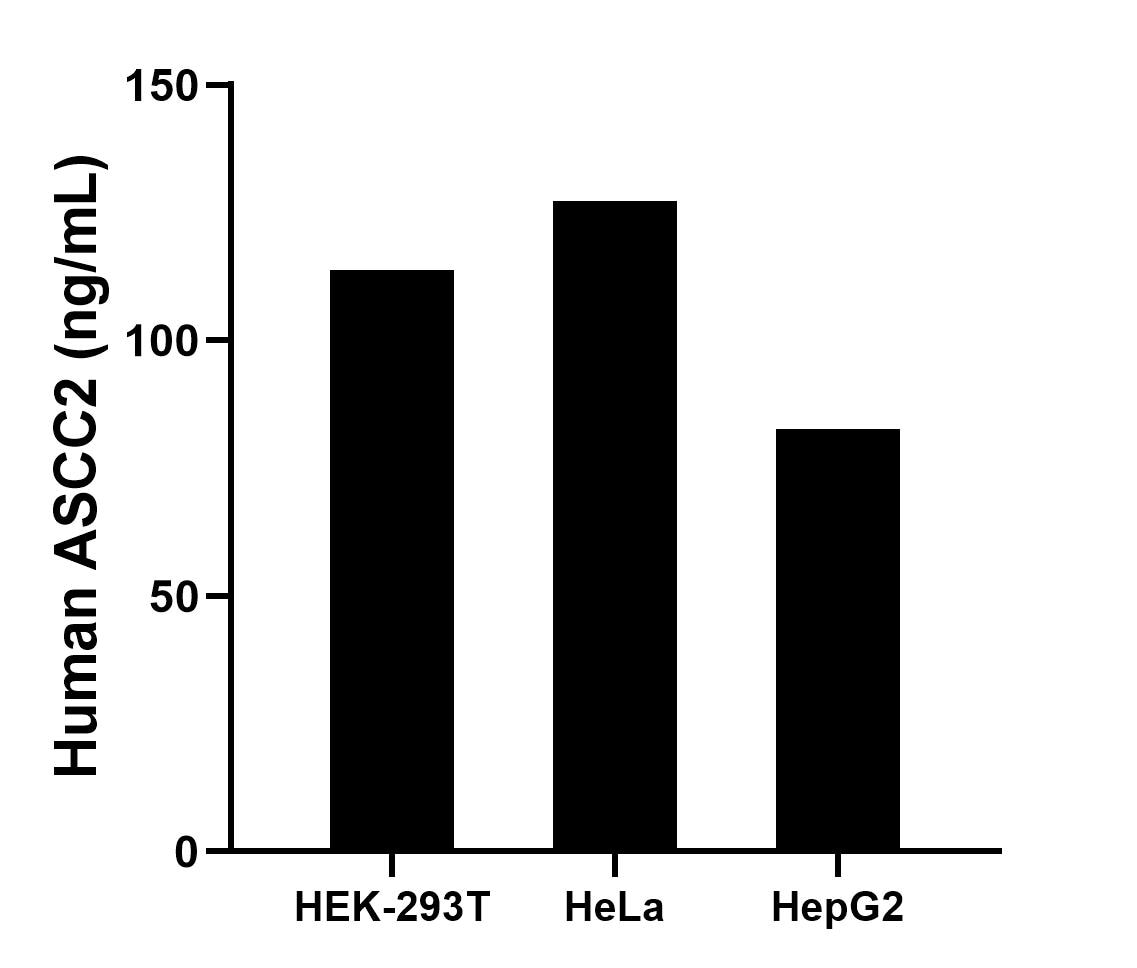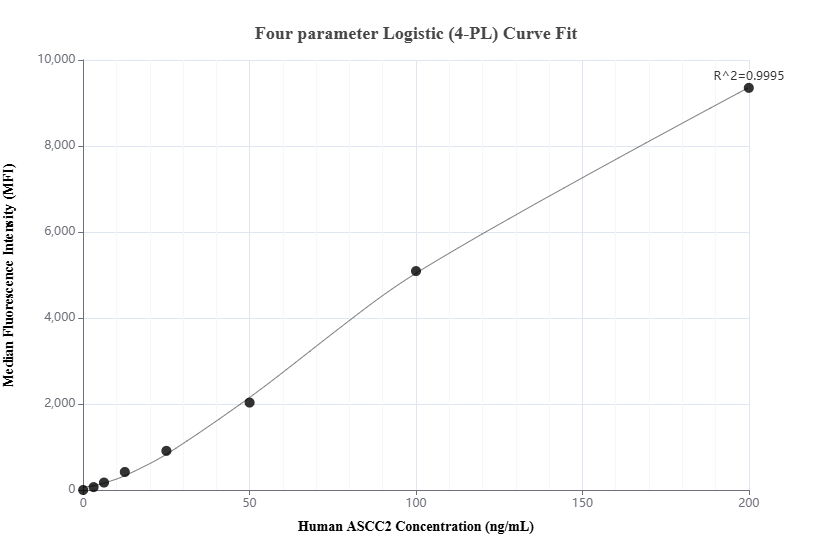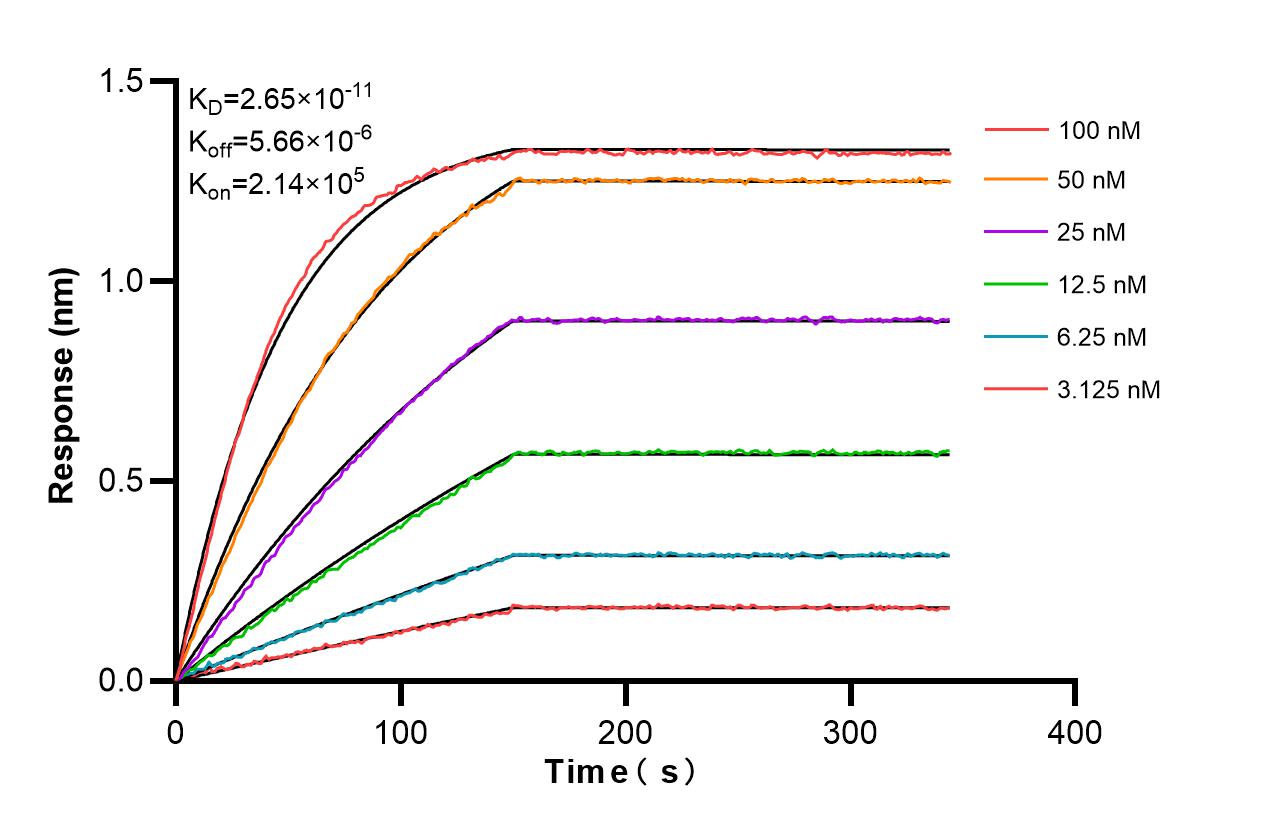Product Information
86086-1-PBS targets ASCC2 as part of a matched antibody pair:
MP02784-1: 86086-1-PBS capture and 86086-2-PBS detection (validated in Cytometric bead array)
Unconjugated rabbit recombinant monoclonal antibody in PBS only (BSA and azide free) storage buffer at a concentration of 1 mg/mL, ready for conjugation. Created using Proteintech’s proprietary in-house recombinant technology. Recombinant production enables unrivalled batch-to-batch consistency, easy scale-up, and future security of supply.
This conjugation ready format makes antibodies ideal for use in many applications including: ELISAs, multiplex assays requiring matched pairs, mass cytometry, and multiplex imaging applications.Antibody use should be optimized by the end user for each application and assay.
| Tested Reactivity | human, mouse, rat |
| Host / Isotype | Rabbit / IgG |
| Class | Recombinant |
| Type | Antibody |
| Immunogen |
CatNo: Ag2100 Product name: Recombinant human ASCC2 protein Source: e coli.-derived, PGEX-4T Tag: GST Domain: 408-757 aa of BC025368 Sequence: RRKATDAKDPSVIEEPNGEPNGVTVTAEAVSQASSHPENSEEEECMGAAAAVGPAMCGVELDSLISQVKDLLPDLGEGFILACLEYYHYDPEQVINNILEERLAPTLSQLDRNLDREMKPDPTPLLTSRHNVFQNDEFDVFSRDSVDLSRVHKGKSTRKEENTRSLLNDKRAVAAQRQRYEQYSVVVEEVPLQPGESLPYHSVYYEDEYDDTYDGNQVGANDADSDDELISRRPFTIPQVLRTKVPREGQEEDDDDEEDDADEEAPKPDHFVQDPAVLREKAEARRMAFLAKKGYRHDSSTAVAGSPRGHGQSRETTQERRKKEANKATRANHNRRTMADRKRSKGMIPS Predict reactive species |
| Full Name | activating signal cointegrator 1 complex subunit 2 |
| Calculated Molecular Weight | 757 aa, 86 kDa |
| Observed Molecular Weight | 90-100 kDa |
| GenBank Accession Number | BC025368 |
| Gene Symbol | ASCC2 |
| Gene ID (NCBI) | 84164 |
| Conjugate | Unconjugated |
| Form | Liquid |
| Purification Method | Protein A purification |
| UNIPROT ID | Q9H1I8 |
| Storage Buffer | PBS only, pH 7.3. |
| Storage Conditions | Store at -80°C. |
Background Information
ASCC2, also known as ASC1p100, is a subunit of the activating signal cointegrator 1 complex. ASCC2 plays a role in DNA damage repair as a component of the ASCC complex, recruiting ASCC3 and ALKBH3 to sites of DNA damage by binding to polyubiquitinated proteins that have 'Lys-63'-linked polyubiquitin chains. Additionally, it is part of the ASC-1 complex that enhances NF-kappa-B, SRF, and AP1 transactivation(PMID: 29144457, 12077347).

